Keto Vs. Low-Carb: What’s The Difference?
By Connor Young on
We’ve been getting a lot of questions lately about the difference between a ketogenic diet and a high-fat, low-carb diet. How are they different? Is one better than the other? Which one should you do?
Great questions. Keto and low-carb are indeed different, and as with most everything in nutrition, one isn’t better than the other. Which one you should choose (if you want to go low-carb at all) depends on your goals.
Let’s take a look at the differences between keto and low-carb, the health benefits and limitations of each, and when you might want to try one over the other.
The basics of a ketogenic diet
A ketogenic diet is about as low-carb as you can go. Most people split it up by macronutrient ratio – the percentage of carbs, protein, and fat they eat in a day. As a general rule, a keto diet typically has:
- 5-10% carbs
- 15-25% protein
- 65-80% fat
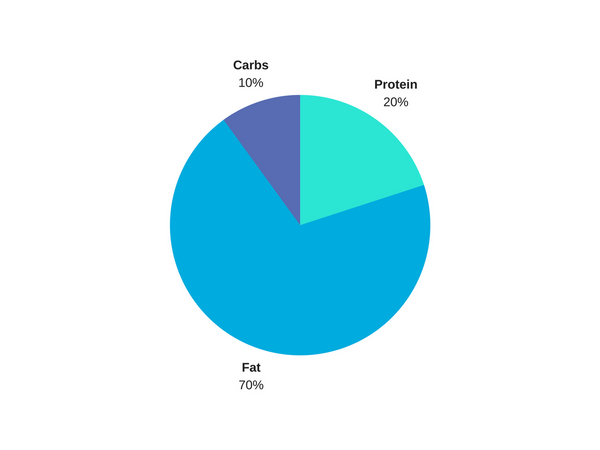
Our Ample K (keto) meal has 74% calories from fat and just 3g of net carbs for this reason.
You’ll notice the carbs are very low. For most people, keto means eating under 50 grams of carbs a day. That’s because you have to stop feeding your body carbs to coax it into ketosis – a fat-burning metabolic state where you use fat for your main energy source.
Let’s recap the basics of a keto diet:
- Get 5-10% of your calories from carbs (typically under 50g net carbs per day)
- 15-25% protein (moderate protein, although you may want to increase your protein intake if you're an athlete)
- 65-80% from fat (or just eat fat until you’re satisfied)
- For most people, these macros will get you into ketosis - a state when you're burning fat for fuel.
It can logistically be very difficult to maintain a keto diet in a modern routine. Having a backup meal on hand like Ample K is a great way to stick to it. Now let’s take a look at low-carb diets.
The basics of a low-carb diet
There’s no strict definition of a low-carb, high-fat diet. Basically, low-carb is keto, but with slightly higher carb intake – maybe 75-150g of carbs a day.
Low-carb diets usually aren’t low enough in carbs to keep you in full ketosis. You’ll probably dip into a mild state of ketosis between meals and come out of it entirely after you eat carbs. You likely won’t get into full-on ketosis often on a low-carb diet, except maybe during certain times (when you’re sleeping, after a tough workout, or during a fast, for example). Keto diets often don't have as much protein as low-carb diets do.
Paleo, Mediterranean, and high-protein diets like the Atkins diet are all examples of low-carb.
That’s not a bad thing, though. You may feel better eating some carbs. Or maybe you just don’t like the strictness keto requires – having to watch your carb intake day in and day out. That’s when low-carb becomes a sweet spot.
Keto vs. low-carb: which is best for you?
It depends on your goals, lifestyle, preferences, and unique biology. Some people may do better with keto. Others may do better with low-carb. It's worth mentioning that both diets emphasize healthy fats, lots of veggies (especially high-fat veggies like avocado), and keeping total carbs relatively low.
Both are low-carbohydrate diets, meaning they can both help with high blood pressure, heart disease, and type 2 diabetes. But depending on your goals, either keto or low-carb may be better for you:
Keto is great for:
Weight loss. First things first: just because you’re burning fat for fuel doesn’t mean you’re burning body fat for fuel – that’s a common misconception. In keto, you’ll burn the fat you eat first, and stored body fat after that. So it’s possible to overeat and gain weight on keto, as it is with every other diet. However, it’s a lot harder to overeat on keto, for two reasons.
- The first is that ketones (also called ketone bodies), the little bundles of fuel your cells use when you’re in ketosis, are strong hunger suppressors [1,2]. Eating keto can make you feel full on fewer calories, meaning you’ll gradually burn through body fat without being hungry all the time.
- The other benefit of keto is a faster metabolism – a well-controlled study found that keto dieters burned about 300 more calories a day than non-keto dieters [3].
In other words, keto can help you burn more calories while feeling full on less food. That’s a solid recipe for sustainable fat loss and decreased body weight. If you're struggling with weight gain, keto may help you reach your goal weight faster.
Stable energy and blood sugar. Does your energy crash a couple hours after you eat? Our first recommendation would be to cut out sugar. If you’re watching your sugar and you still feel like you yo-yo between feeling energized and exhausted/hungry, you may be especially sensitive to blood sugar/insulin spikes. Keto can help. While carbohydrate intake affects your blood sugar levels and insulin levels, fat intake does not. Cutting carbs can help you keep your blood sugar balanced, giving you steady energy levels throughout the day.
Decreasing inflammation. A few small studies have found that keto lowers inflammation, possibly thanks to a ketone metabolite called beta-hydroxybutyrate [4]. Keto seems especially good for liver inflammation [5,6].
Endurance athletes. Keto isn’t always great for CrossFitters or powerlifters, but several recent studies show that it works pretty well for endurance athletes, and may even give them a slight performance edge over carb-burners [7].
Low-carb is great for:
Non-endurance athletes. While some folks do fine working out a ton on keto, a lot of people find they need more carbs to prevent bonking (hitting a wall mid-workout). If you’re lifting, sprinting, or doing any other kind of intense workout a few times a week and you feel like your performance is slipping, you may want to add some quality carbs to your diet. You also may want to increase your protein intake.
Stable energy and blood sugar. Like keto, low-carb will go a long way toward balancing your blood sugar, especially if you eat complex carbs instead of simple ones. Plenty of people find they get stable energy with low-carb, and that they don’t need to go full keto.
Being more relaxed with your diet. Maybe you just like carbs now and then, and you don’t want to cut sweet potatoes or butternut squash out of your diet. Keto requires you to diligently avoid carbs (if you slip up and eat carbs you’ll have to transition back into full ketosis, which takes several days). That strict lifestyle just doesn’t jibe with everyone. Low-carb gives you the space to be a little more relaxed with what you eat, which can work out better for you in the long term.
Summing up…
Nutrition is a personal thing. It depends on biology, lifestyle, age, sex, and all kinds of other factors. Some people just never feel right on keto. Some people feel awful eating carbs. Some people thrive on high-carb, low-fat diets.
Use the guidelines above, but always pay attention to how you feel, and use that as the main way to decide what nutrition is best for you. Best of all, always keep a backup meal handy. Thanks for reading!
Looking for more? Check out these articles:
← Older Post Newer Post →


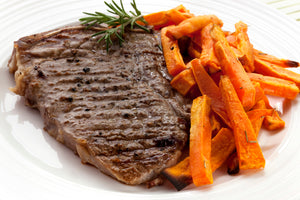
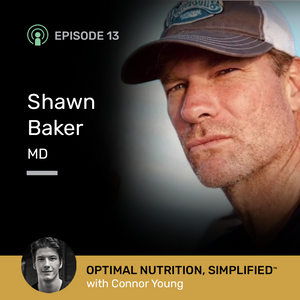
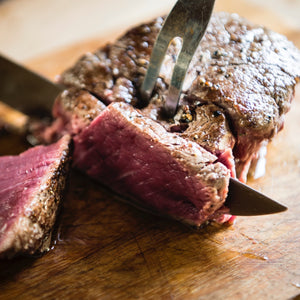
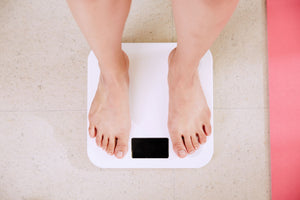
I am on low carb I am not allowed no more than 19 carbs a day. 75 grams of protein and 65 grams of fat.
Rita on
I only have 1 kidney so I would also like to know if keto is ok
Cheryl on
I only have 1 kidney so I would also like to know if keto is ok
Cheryl on
I’m doing under 50 carbs a day and am losing. a lb every few days!
Mary Lynn on
I’m doing under 50 carbs a day and am losing. a lb every few days!
Mary Lynn on